9 of China's top AI models and startups
Advanced chips and access to many Western-developed AI models aren't available in China as the U.S. tries to curb its AI advances
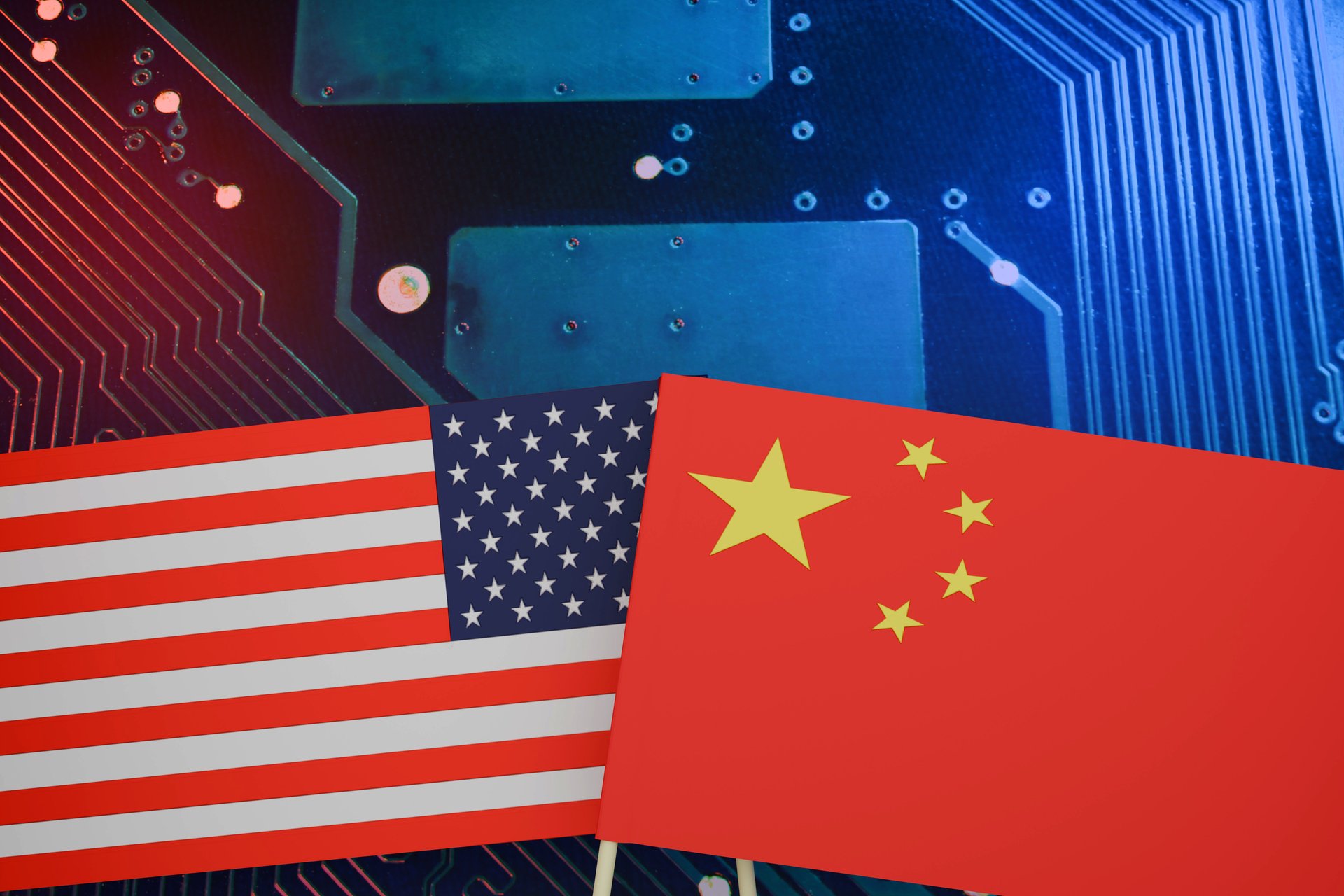
The U.S. has spent years wielding its trading powers to slow China’s advanced chipmaking efforts — but that hasn’t stopped the country from developing its own competitors in the artificial intelligence race.
While some advanced chips and access to many Western-developed AI models are not available in China (due to both U.S. trade restrictions and the Chinese government), some of its top tech companies have been able to develop their own chips and models, including Baidu, whose Ernie Bot is considered China’s version of ChatGPT (which is not available in the country). China also has a budding AI startup scene that reportedly isn’t too shabby according to some AI researchers in the U.S.
Now, OpenAI is reportedly planning to restrict access to its application programming interface, or API — the platform that allows other product developers to build on OpenAI’s tech — to countries including China, which could curb AI developments in the country since many Chinese startups have been able to build on the company’s API. But, it could also be a push for China’s tech companies to step up their AI development efforts.
Check out some of China’s top AI models and startups.
2 / 10
Baidu — Ernie 4.0
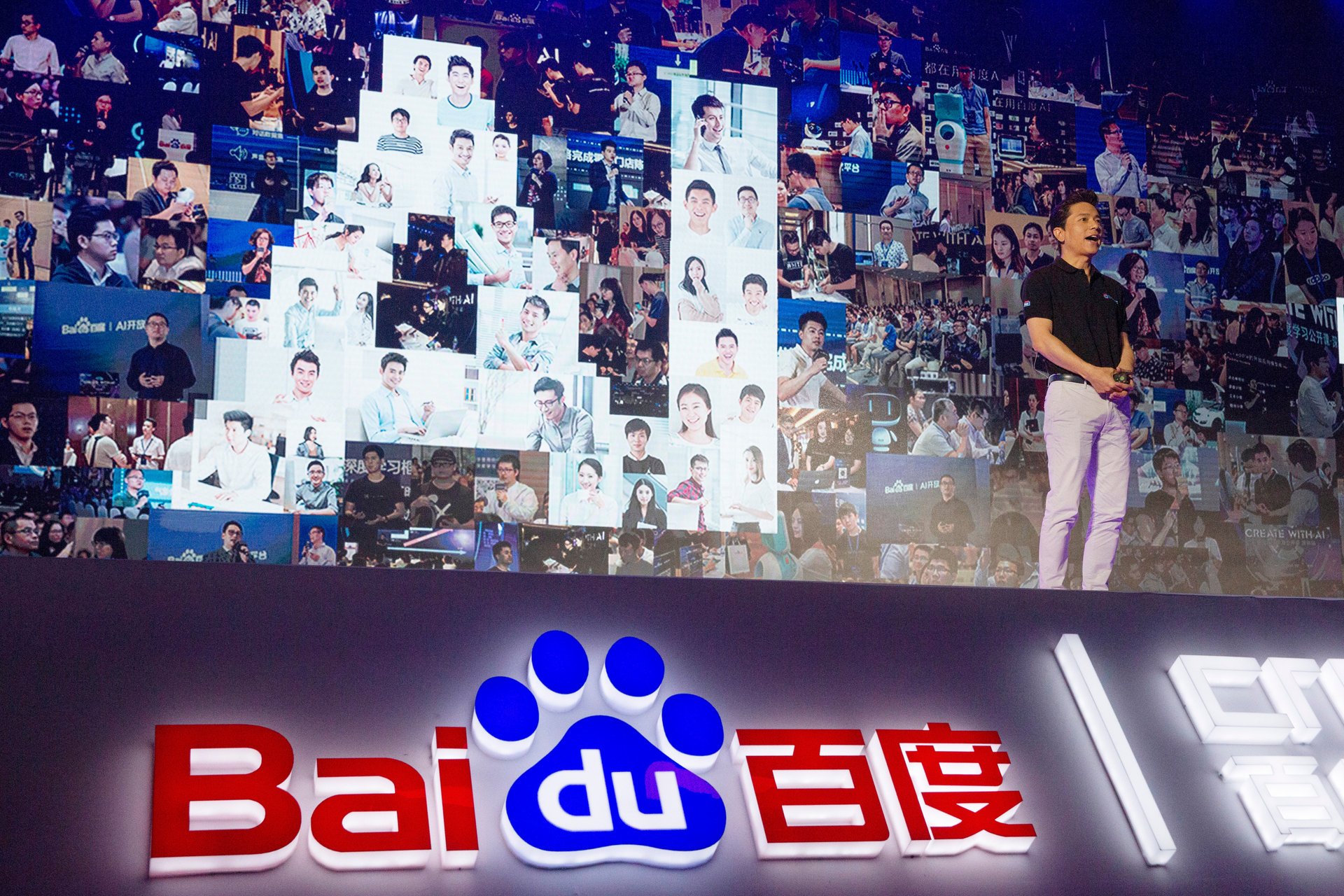
Chinese tech giant Baidu, which holds the largest share of the country’s search engine market, announced the latest version of its AI model, Ernie 4.0, in October. Ernie 4.0, Baidu chief executive Robin Li said, can comprehend complex questions and use reason and logic to generate responses. “It is not inferior in any aspect to GPT-4,” Li said, according to the Associated Press.
Ernie Bot was first released last March, and could “interact in dialogue, create content, reason with knowledge, and generate multiple modes of output,” according to Baidu. Ernie Bot is built on Baidu’s ERNIE large language model (LLM), which has been in development since 2019.
Meanwhile, Baidu has designed its own AI chip, called the Kunlun 3, which will soon start manufacturing at TSMC, The Information reported, citing an unnamed person familiar with the matter.
3 / 10
Alibaba Cloud — Qwen 2
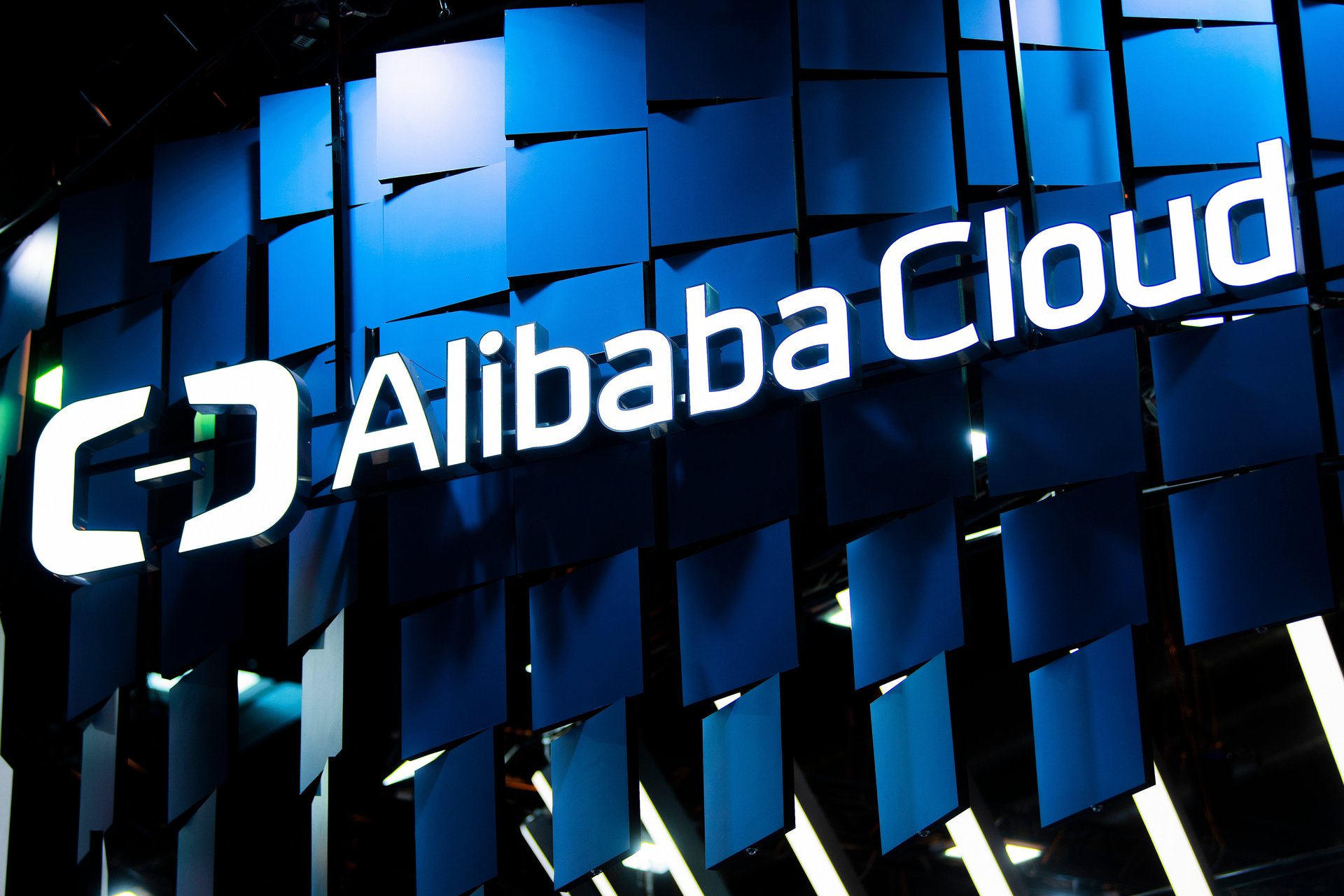
Alibaba Cloud, the cloud computing subsidiary of Alibaba Group, released its latest large language model (LLM) series, Qwen 2, in June, and said it “topped rankings for open-sourced LLMs.”
The Qwen 2 series outperformed other leading models in 15 benchmarks, including language comprehension, coding, and reasoning, Alibaba said. The models were trained on 29 languages, including German and Arabic, and also outperformed for multilingual capabilities.
In September, Alibaba released over 100 new open-source AI models from the Qwen 2.5 model family. It also released a text-to-video model as part of an image-generation family of models called Tongyi Wanxiang.
The new Qwen 2.5 models, which range from 0.5 to 72 billion parameters in size, have “enhanced knowledge and stronger capabilities” in subjects including math and coding, and can support over 29 languages, Alibaba said.
4 / 10
ByteDance — Doubao
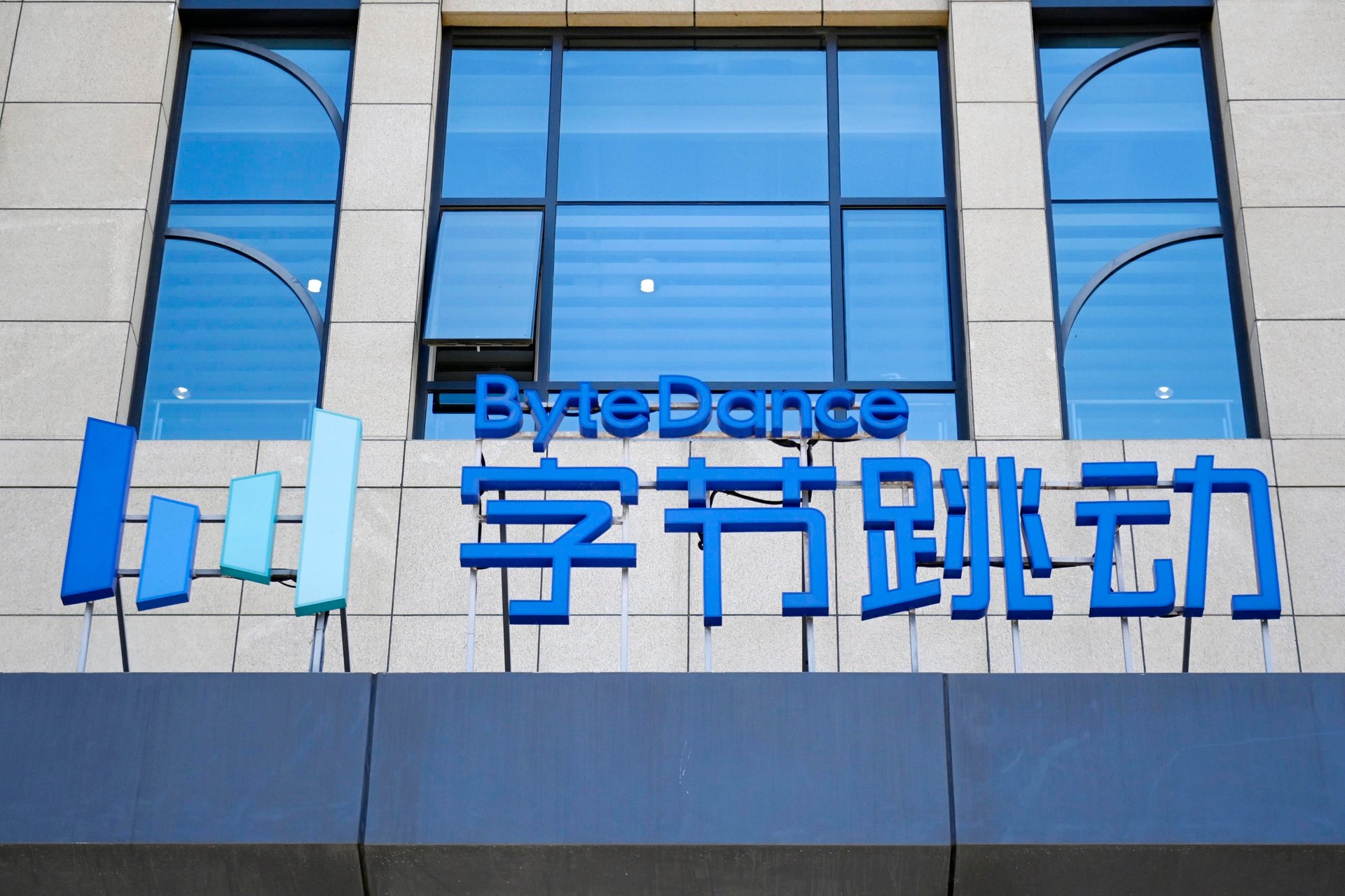
TikTok-parent ByteDance released its AI-powered chatbot, Doubao, in August — and it’s proving to be a tough rival to Baidu’s Ernie Bot. In China, Doubao passed Ernie Bot in downloads last year, and has more active monthly users on iOS, Bloomberg reported.
In May, ByteDance launched a series of Doubao large language models (LLMs) for enterprises, which cost less than models from its rivals. The model family is made up of at least eight models, including Doubao Pro and Doubao Lite.
ByteDance has designed two chips with Taiwan Semiconductor Manufacturing Company that it plans to mass produce by 2026, The Information reported, citing unnamed people familiar with the matter.
5 / 10
Tencent — Hunyuan
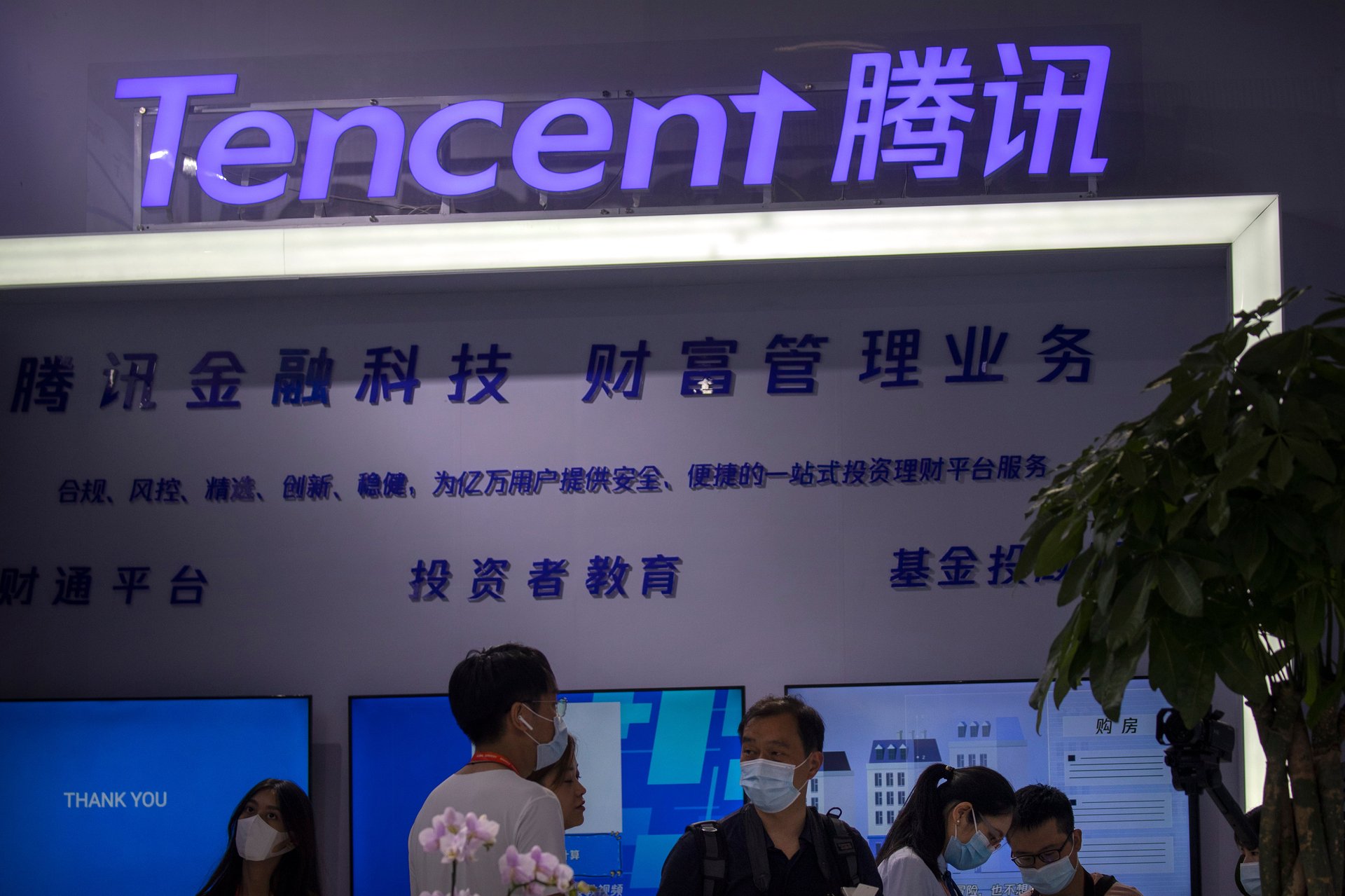
Chinese internet and tech company Tencent unveiled its proprietary foundation model, Hunyuan, in September, which it said could generate images and text, among other functions. Hunyuan was made available to enterprises to test and build apps off of. The foundation model has “strong Chinese language processing abilities, advanced logical reasoning, and comes with reliable task execution abilities,” Tencent said.
6 / 10
Moonshot AI — Ohai, Noisee, and Kimi

Moonshot AI, a Beijing-based startup, reportedly had a hand in launching AI products in the U.S. market, including a role-play chat app called Ohai, and a music video generator called Noisee, according to The Information. However, a spokesperson for the startup told the publication it didn’t have current plans to develop or release products outside of China.
In China, Moonshot, which is one of the country’s most valuable AI startups, has a popular chatbot called Kimi. The chatbot was launched last October, and is powered by the startup’s large language model (LLM), also called Kimi.
7 / 10
MiniMax — Talkie

Shanghai-based AI startup MiniMax has also entered the U.S. market with an AI character chatbot called Talkie. The chatbot, which is the Chinese version of U.S.-based Character.ai, had almost 2.2 million total visits around the world from March to May, according to Similarweb.
8 / 10
Kuaishou — Kling

Chinese tech company Kuaishou released the first free-to-the-public text-to-video model, Kling, in June. The model “transforms text prompts into high-quality AI videos that closely mimic the real world’s complex motion patterns and physical characteristics,” according to Kuaishou.
9 / 10
iFlytek — Spark V4.0
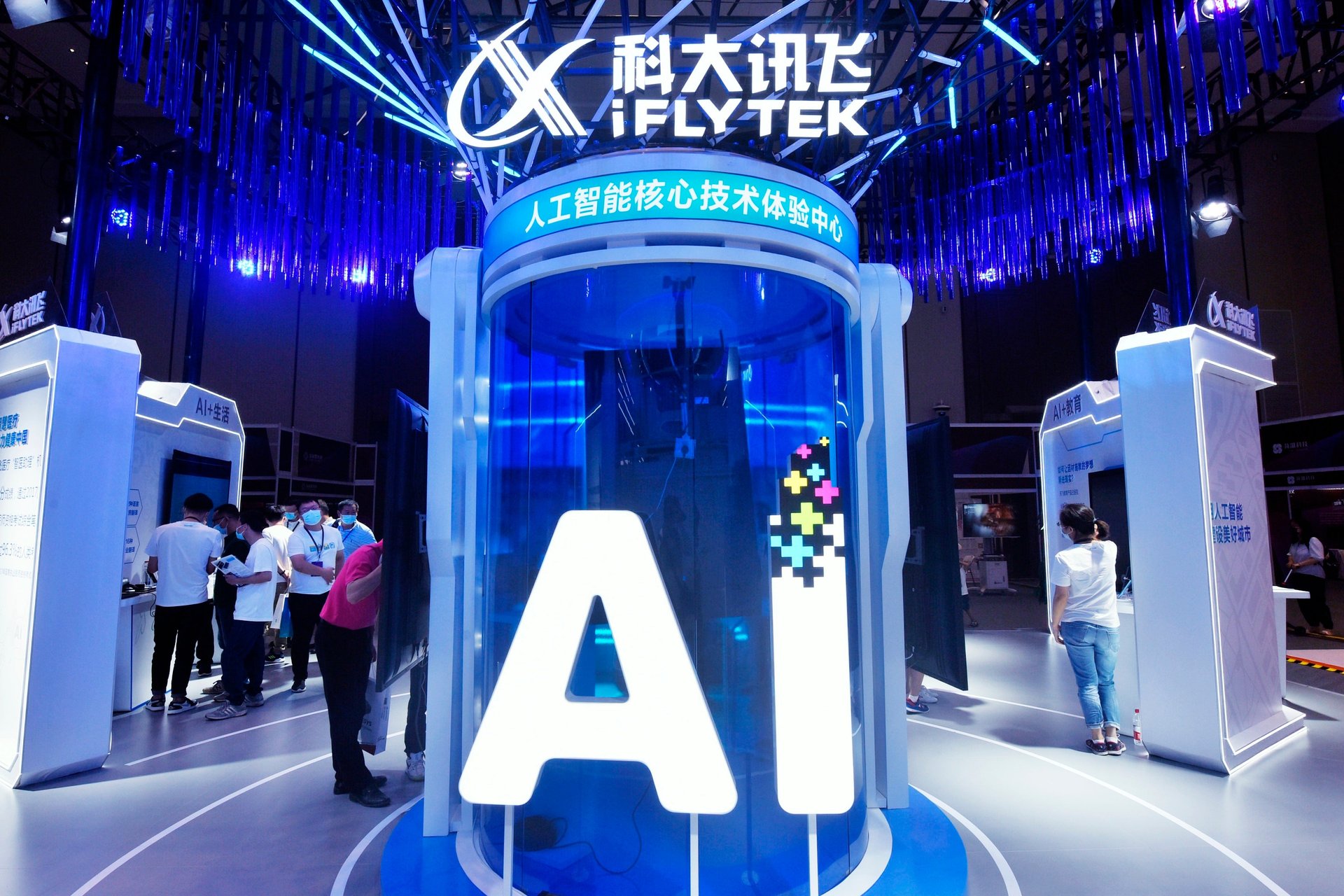
iFlytek, an information technology company that is partially state-owned, released its iFlytek Spark Big Model V4.0 in June. The new model has “comprehensively improved its seven core capabilities,” and was tested against GPT-4 Turbo, the company said, adding that it ranked first when tested by eight international mainstream tests. Spark Big Model V4.0 surpassed GPT-4 Turbo in benchmarks including language comprehension, logical reasoning, and mathematical ability, iFlytek said.
10 / 10
Zhipu AI

Beijing-based Zhipu AI was founded in 2019, and has a series of AI products, including a chatbot and a visual language foundation model. The startup was one of the first Chinese AI companies to receive government approval to publicly release its models, and counts Alibaba, Tencent, and Saudi Arabia’s Prosperity7 Ventures as backers, according to Bloomberg.
